| Modern Date : May 1st | Market Day | |
|
|
The Kalends of May - The Floralia

|
| Modern Date : May 2nd | Market Day | |
|
ante diem VI Nonas May
The Floralia

|
| Modern Date : May 3rd | Market Day | |
|
ante diem V Nonas May
The Floralia

|
|
|
|
| Modern Date : May 4th | Market Day | |
|
ante diem IV Nonas May
Fourth Day to the Nones of May

|
|
| Modern Date : May 5th | Market Day | |
|
ante diem III Nonas May
Third Day to the Nones of May

|
|
| Modern Date : May 6th | Market Day | |
|
pridie
Nonas May
Day before the Nones of May

|
|
| Modern Date : May 7th | Market Day | |
|
 |
Nonas
May
The Lemuria
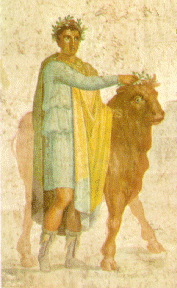
|
|
| Modern Date : May 8th | Market Day | |
|
ante
diem VIII Idus May
The Lemuria
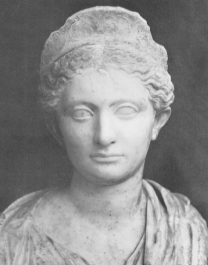 |
|
| Modern Date : May 9th | Market Day | |
 |
ante
diem VII Idus May
The Lemuria
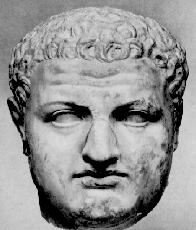 |
|
| Modern Date : May 10th | Market Day | |
|
ante
diem VI Idus May
The Lemuria
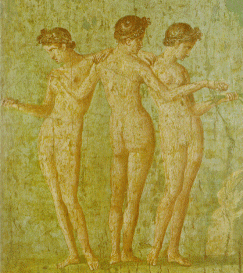
|
| Modern Date : May 11th | Market Day | |
|
 |
ante diem V Idus May
The Lemuria
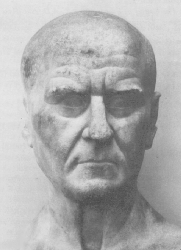
|
|
| Modern Date : May 12th | Market Day | |
|
ante diem IV Idus May
The Lemuria
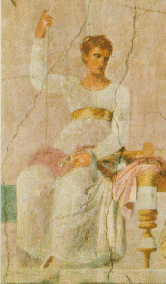
|
|
| Modern Date : May 13th | Market Day | |
|
 |
ante diem III Idus May
The Lemuria
 |
|
| Modern Date : May 14th | Market Day | |
|
pridie Idus May
The Lemuria
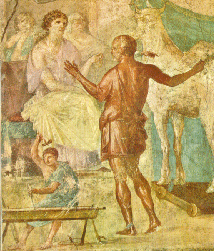 |
|
| Modern Date : May 15th | Market Day | |
 |
Idus May
The Mercuralia
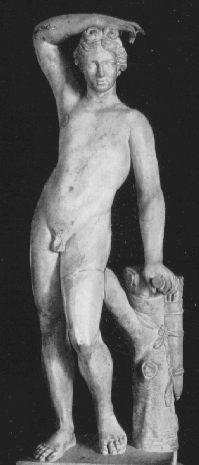
|
|
| Modern Date : May 16th | Market Day | |
|
ante diem XVII Kalendas June
 Seventeenth Day to the
Kalends of June
Seventeenth Day to the
Kalends of June

|
| Modern Date : May 17th | Market Day | |
|
ante diem XVI Kalendas June
 Sixteenth Day to the
Kalends of June
Sixteenth Day to the
Kalends of June
 This day was known as the Dea Dia in honor of the goddess (Maia) who was the mother of Mercury (Hermes) by Zeus.
|
|
| Modern Date : May 18th | Market Day | |
|
ante diem XV Kalendas June
 Fifteenth Day to the Kalends
of June
Fifteenth Day to the Kalends
of June
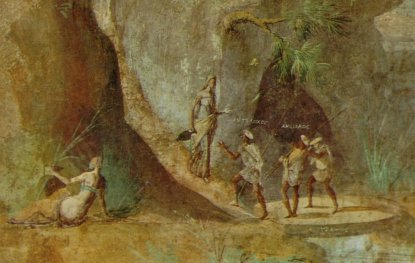
|
|
In Greece this day was celebrated as the Feast of Pan, the Greek god of flocks and sheperds.
|
| Modern Date : May 19th | Market Day | |
|
ante diem XIV Kalendas June
 Fourteenth Day to the
Kalends of June
Fourteenth Day to the
Kalends of June
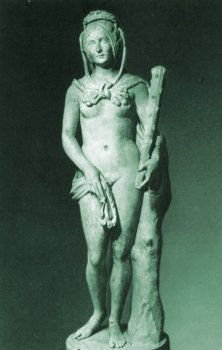
|
|
| Modern Date : May 20th | Market Day | |
|
ante diem XIII Kalendas June
 Thirteenth Day to the
Kalends of June
Thirteenth Day to the
Kalends of June

|
|
| Modern Date : May 21st | Market Day | |
|
 |
The Agonalia
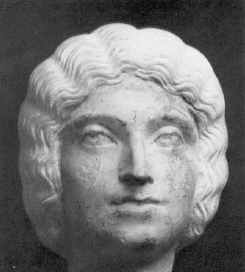
|
|
| Modern Date : May 22nd | Market Day | |
|
 |
ante
diem XI Kalendas June
 Eleventh Day to the
Kalends of June
Eleventh Day to the
Kalends of June

|
|
| Modern Date : May 23rd | Market Day | |
|
 |
The Tubilustrium
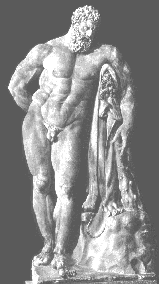
|
|
| Modern Date : May 24th | Market Day | |
|
 |
The Quando Rex Comitiavit

|
|
| Modern Date : May 25th | Market Day | |
|
ante
diem VII Kalendas June
 Eighth Day to the Kalends
of June
Eighth Day to the Kalends
of June

|
|
| Modern Date : May 26th | Market Day | |
|
ante
diem VII Kalendas June
The Festival of Diana
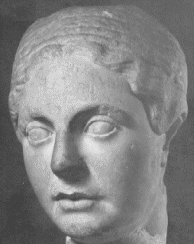
| |
| Modern Date : May 27th | Market Day | |
|
ante
diem VI Kalendas June
 The Festival of Diana
The Festival of Diana
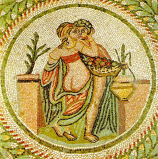
|
|
| Modern Date : May 28th | Market Day | |
|
ante
diem V Kalendas June
The Festival of Diana
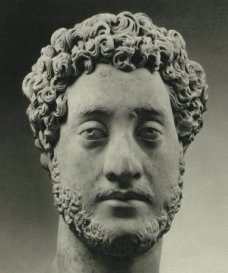
|
|
| Modern Date : May 29th | Market Day | |
|
ante
diem IV Kalendas June
The Amabarvalia
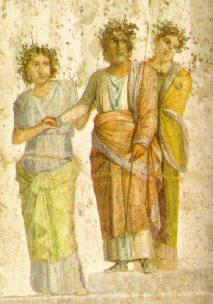
|
|
| Modern Date : May 30th | Market Day | |
|
ante
diem III Kalendas June
 The Festival of Diana
The Festival of Diana

|
| Modern Date : May 31st | Market Day | |
|
pridie
Kalendas June
The Festival of Diana
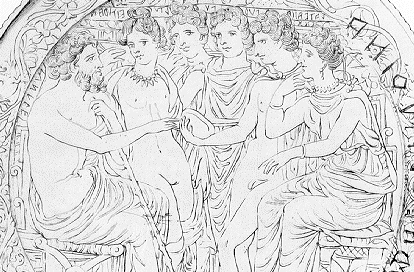
|
|
|
Mois de Juin